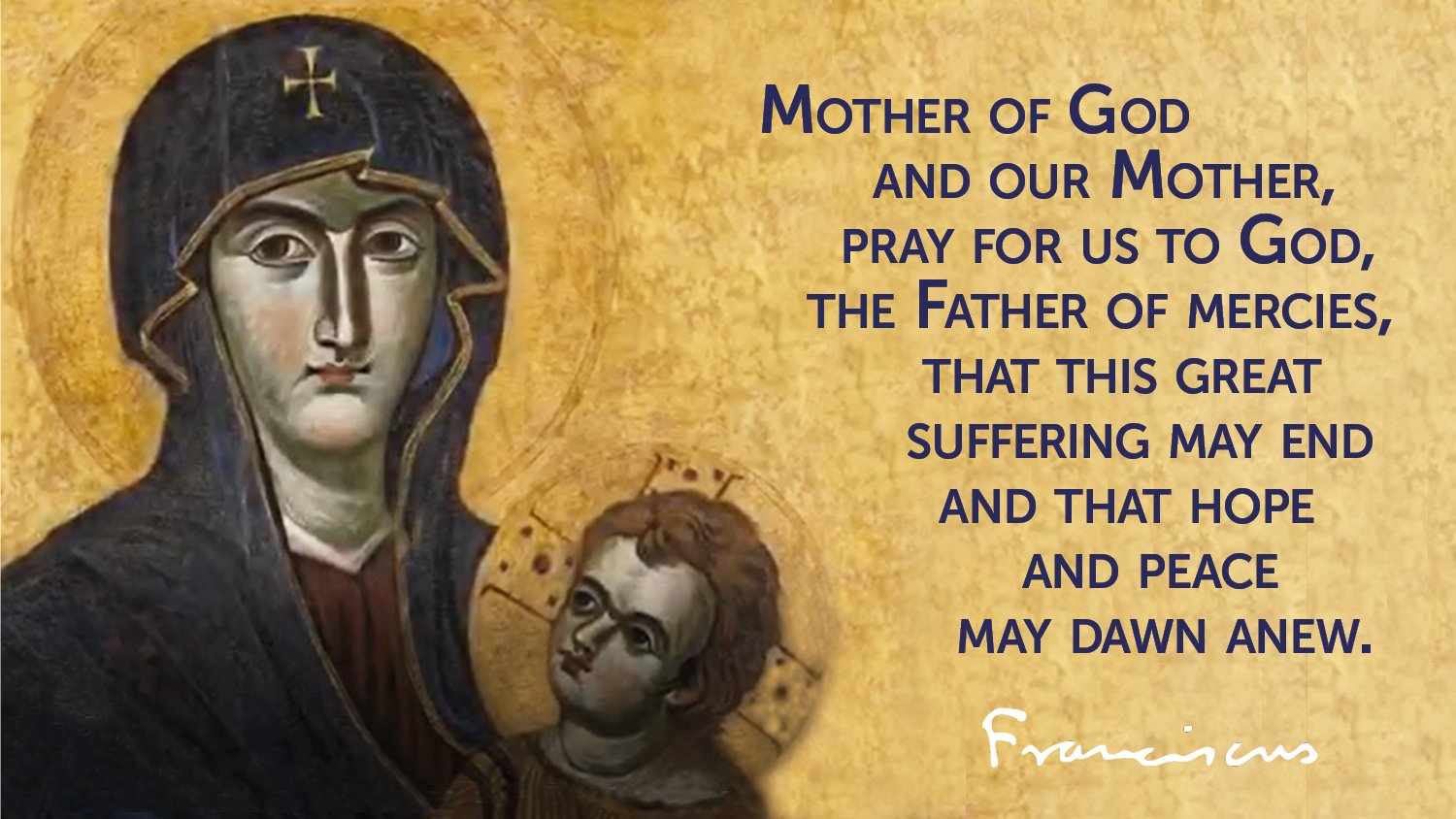
To celebrate 100 episodes, Jimmy Akin, Dom Bettinelli, and Fr. Cory Sticha take up a detour from Star Trek shows to a book, “Picard: Last Best Hope,” which is a prequel for the events of the Picard series. They discuss how it adds to the show and creates depth for some of the new and old characters.
Buy the book: Star Trek Picard: Last Best Hope
Subscribe on iTunes. | Other Ways to Subscribe.
Podcast: Play in new window | Download


 ”
” 





